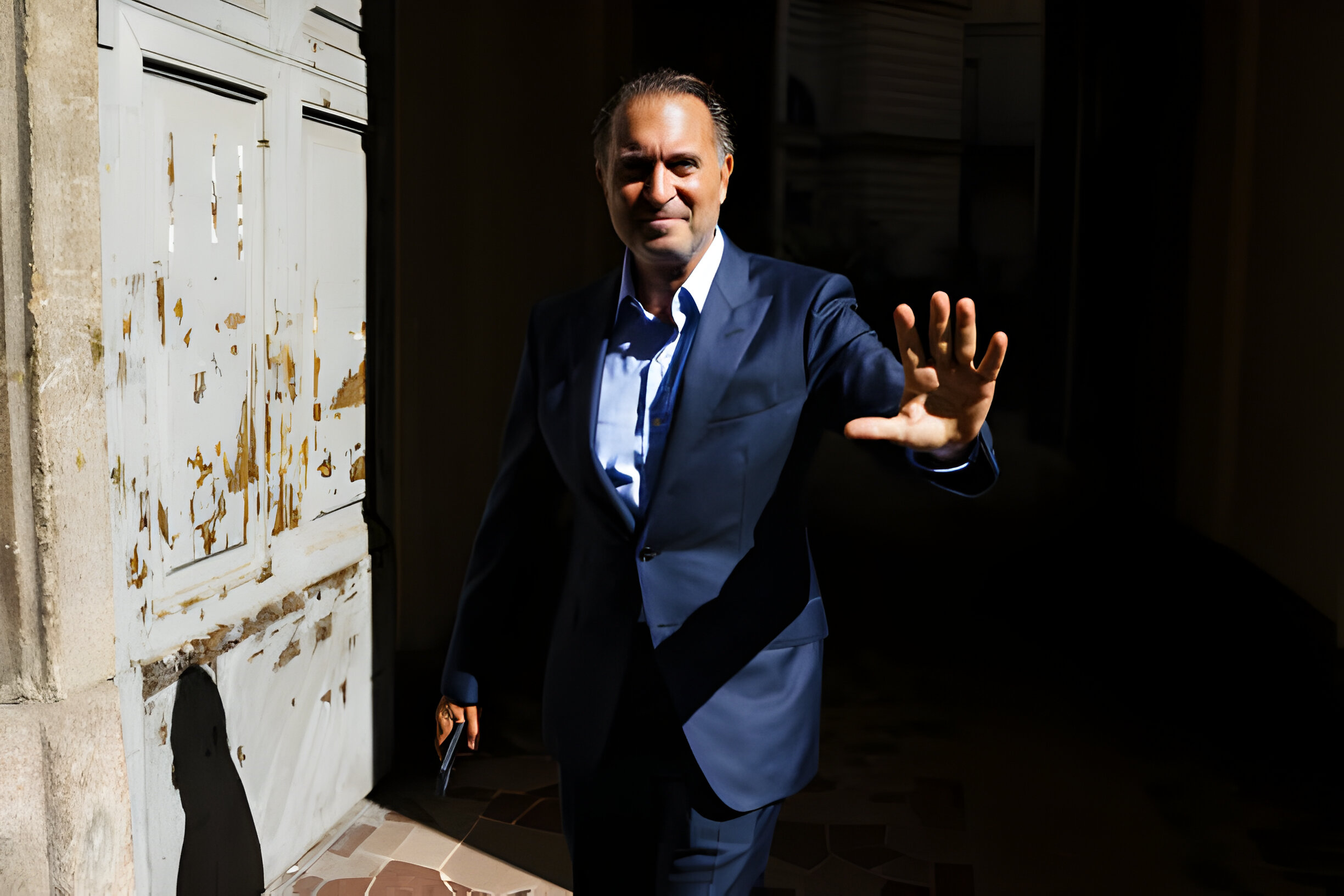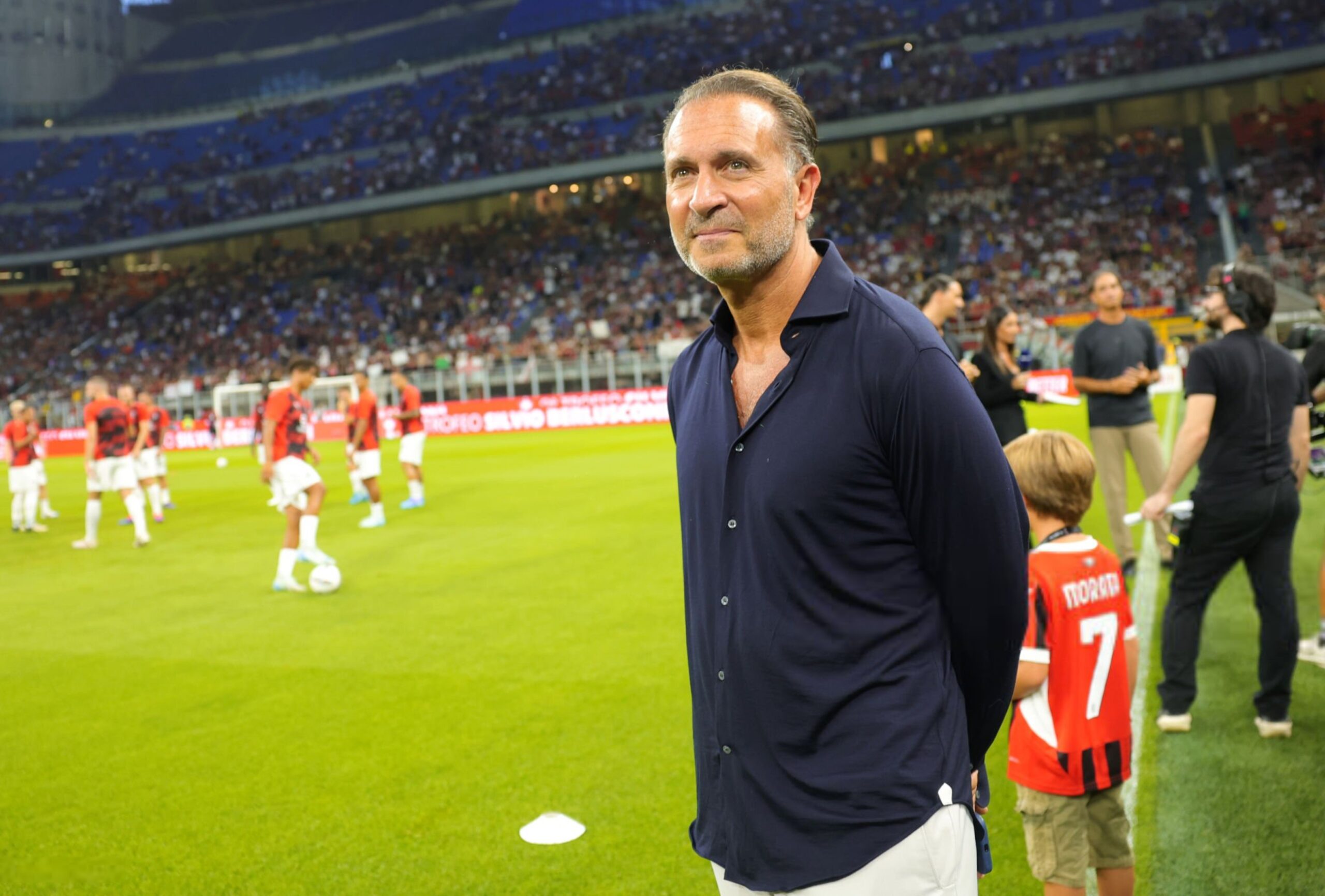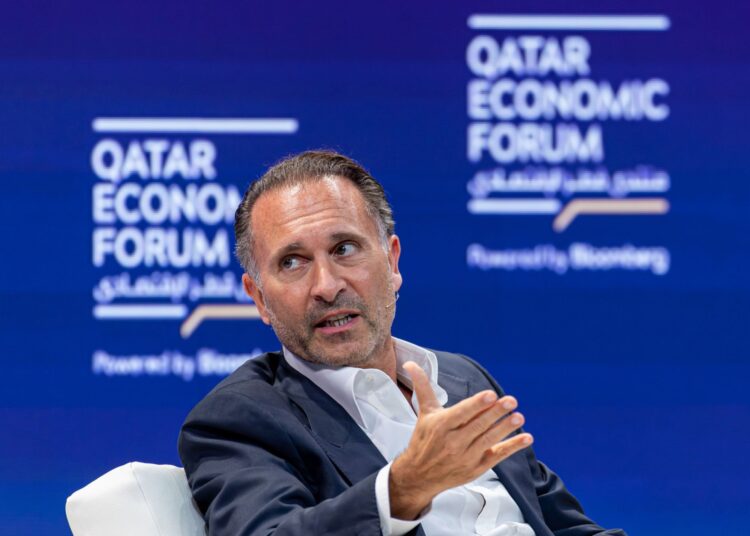Gerry Cardinale, Milan owner and RedBird Capital & Partners founder, was interviewed recently on the American podcast 'The Varsity'. He spoke in detail about his investments, focusing on the Rossoneri club, the new stadium project, and his broader vision for investing in European and Italian football.

On the football market:
“We need teams from smaller markets to thrive too. It’s the same concept I deal with in Serie A, and it’s the same concept that led to the Super League debate between the Premier League and the rest of the continent. That’s where the situation becomes problematic," as relayed via Milan News. "What I believe will happen is that we will need to self-regulate. We will need to change the economic model so that everyone in the ecosystem can sustain themselves. The key is: you must be able to fund yourself. Think about it: Paramount is 113 years old, AC Milan 125. These are phenomenal brands, but they need to be rewritten. And that means anticipating where the market is heading."

Cardinale also said:
"The real competition isn't the other 19 teams in Serie A: it's the Premier League. They have almost four times the television revenue of other European leagues. Yet, in Serie A, the last team can beat the first on any given day. In the United States, no one wants to watch Cagliari against Lecce, and that's a problem. Competition is the essence of sport, but it is not rewarded financially."
On the new AC Milan and Inter stadium project:
"That's why we're building our own stadium, with Tim Romani, one of the best in the business. Once it's complete, I want to share the model with the other Serie A teams, because they're not my real competition. My goal is the Premier League."
Cardinale added:
"I want to innovate, as Berlusconi and Steinbrenner did in their day. When I bought Milan, I did so at a multiple of 3.5 times revenue, compared to 6-7 times for Manchester City or Chelsea. So I think I got a good deal. But the question I asked was, 'Why not use a cash flow multiple?'. The answer: 'Because there was no cash flow'."
















